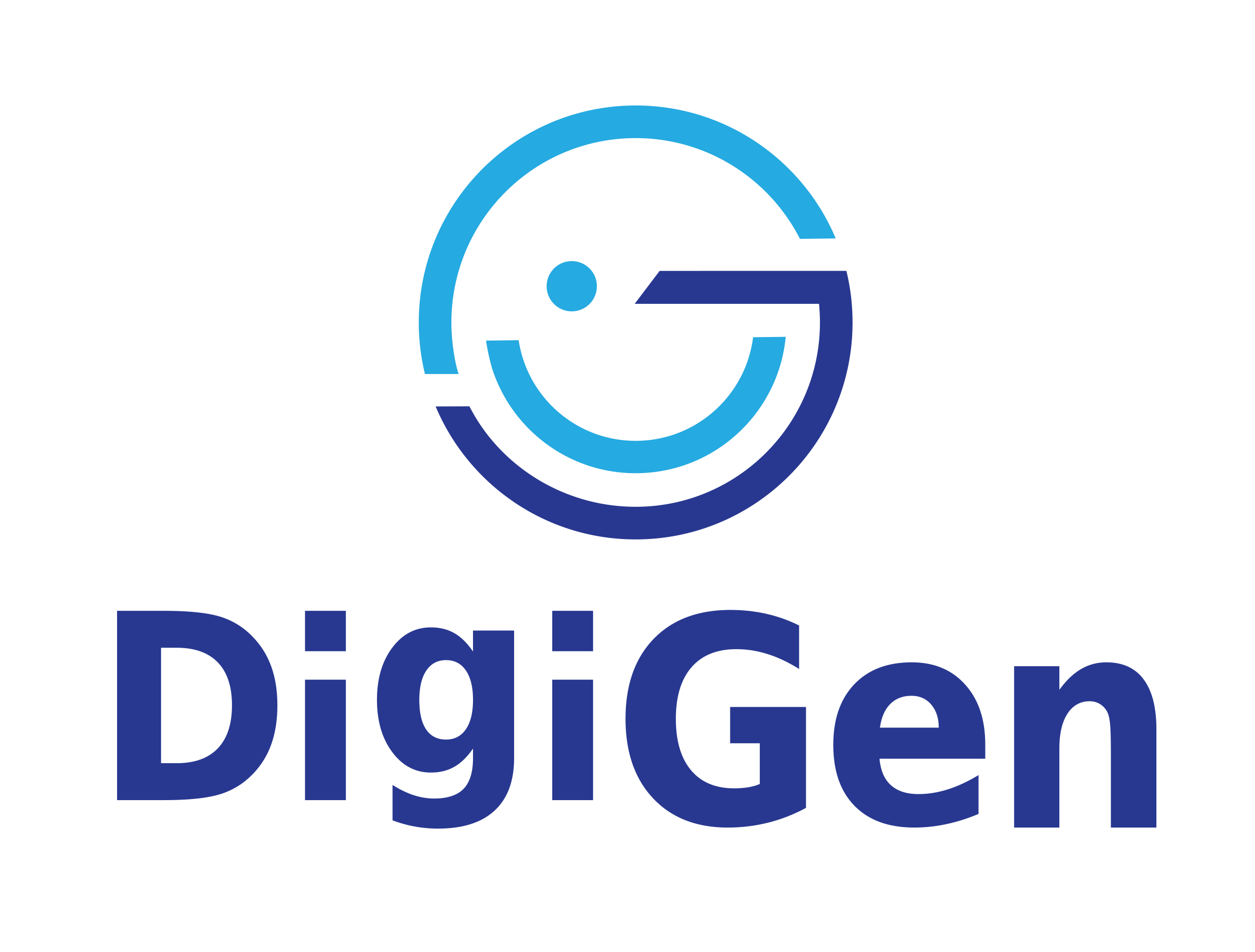DigiGen aims to have an extended societal impact. The project aspires not only to expand scientific knowledge and understanding on the impact of technological transformations on the everyday lives of children but also to develop effective social, health, educational and online safety policies and practices. Throughout the project a wide variety of stakeholders is being involved to enable the incorporation of new insights from the research design to the policy recommendations stage.
Over the past months, DigiGen has already started engaging stakeholders through consulting their International Advisory Committee and the National Stakeholder Committees (NSC), as well as by getting in touch with EU and global partners and family organisations across Europe through the COFACE Families Europe network.
The DigiGen project was mentioned in a news article on the website of the European Commission’s Directorate-General for Employment, social affairs and inclusion and on the Better Internet for Kids portal in an article on the four Horizon 2020 partner projects on the impact of technological transformations on children and youth.
During the kick-off meeting in Oslo, members of the International Advisory Committee from Australia, Hong Kong, Canada, the UK, France, and Norway joined and gave their input to the project. They were also invited to follow the second consortium meeting organised at the end of May.
Several NSC members were also present at the kick-off. National Stakeholder Committees (NSCs) have been established in eight of the consortium countries: Norway, Greece, United Kingdom, Austria, Spain, Germany, Romania, and Estonia, and include government representatives, youth councils, and civil society organisations.
In the first six months of this research project, NSC meetings have been organised in Estonia, Romania, and Germany. Due to the limitations of physical meetings caused by corona pandemic, the subsequent NSC meetings in Estonia, Romania, and Germany took place online.
The meetings in Estonia, Romania, and Germany served as a first introduction and exchange of knowledge and ideas between the project teams and their respective national stakeholder committees. The different research areas were introduced and more information was provided about the progress of the project and about the discussions regarding potential adaptations to the COVID-19 reality. The NSCs showed their support for including COVID-19 questions and discussed a range of dissemination possibilities, for example presenting DigiGen data at various European and national conferences.

